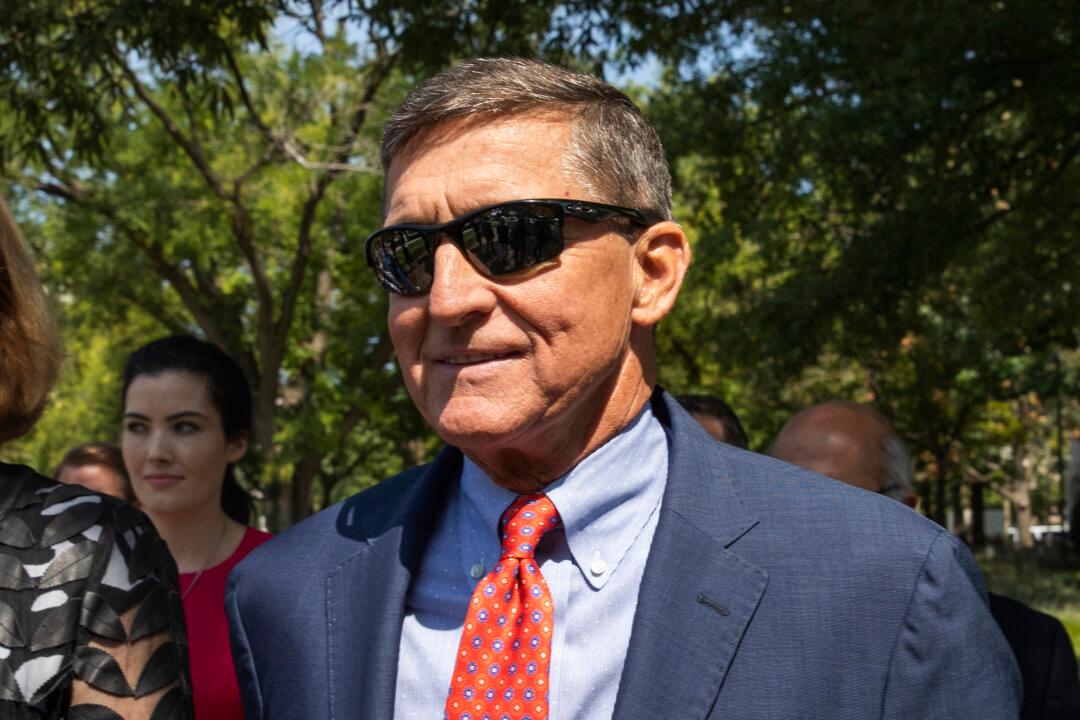Two top Republicans of the House Judiciary Committee on May 4 requested FBI Director Christopher Wray to “immediately review” his agency’s actions in its investigation of President Donald Trump’s former national security adviser Lt. Gen. Michael Flynn.
The two congressmen also sought to question two individuals, former FBI head of counterintelligence Bill Priestap and FBI agent Joe Pientka, about their actions related to the retired three-star U.S. Army general.




